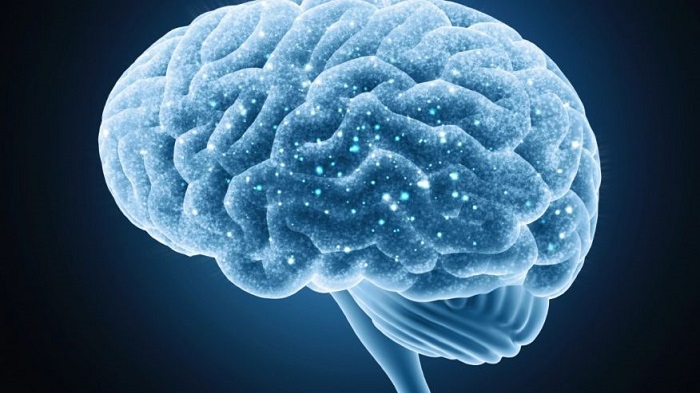Alzheimer’s is often caused by the toxic buildup of a molecule called amyloid beta in the brain. Amyloid beta forms clusters, referred to as plaques, around the nerve cells which, according to the Alzheimer’s Association, block nerve cell communication.
The nervous systems’ immune defense is unable to eliminate amyloid beta from the brain.
However, when MPL was tested in mice with Alzheimer’s-like symptoms, the findings, published in Proceedings of the National Academy of Sciences, showed that weekly injections over 12 weeks reduced the number of plaques in the brain by 80 percent. Additionally, researchers saw the mice’s cognitive function improve over the course of the study.
Researchers cited two potential uses for MPL. It may be administered through an injection to slow the progression of Alzheimer’s, or used to initiate the production of antibodies to fight against amyloid beta molecules.
"The vaccine could be given to people who already have the disease to stimulate their natural immunity," said lead study researcher Serge Rivest, professor at Laval University’s Faculty of Medicine and researcher at the CHU de Québec research center. "It could also be administered as a preventive measure to people with risk factors for Alzheimer`s disease."
Researchers hope these results will be a turning point for Alzheimer’s research, and lead to improved treatments and prevention.
"When our team started working on Alzheimer`s disease a decade ago, our goal was to develop better treatment for Alzheimer`s patients," Rivest said. "With the discovery announced today, I think we`re close to our objective."
More about:
















































